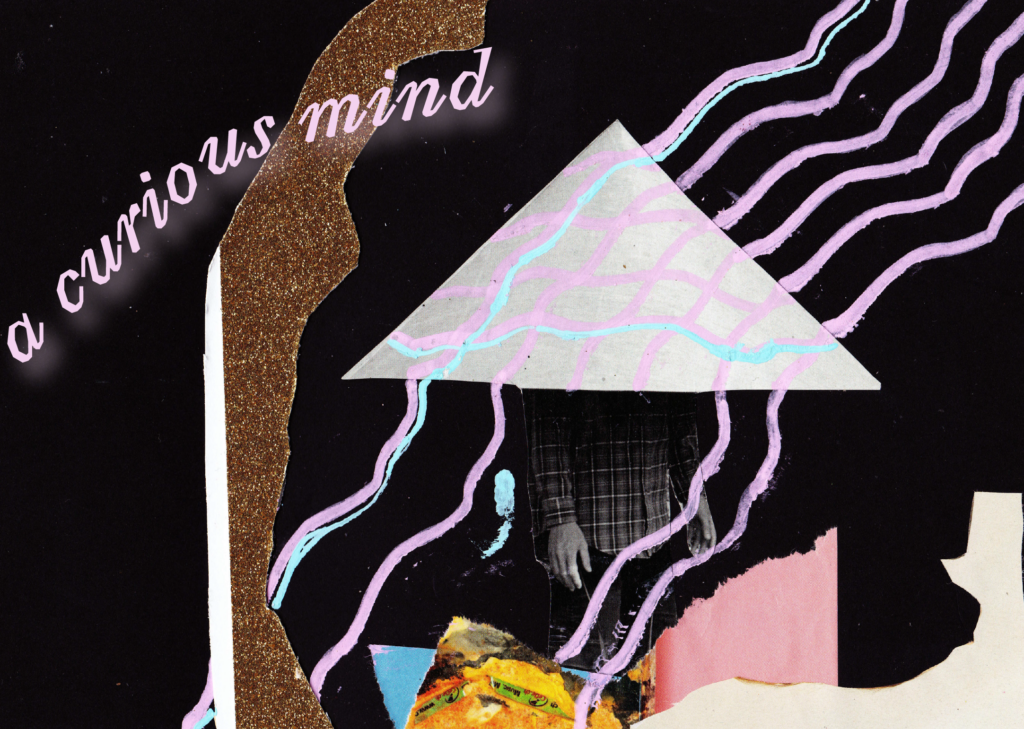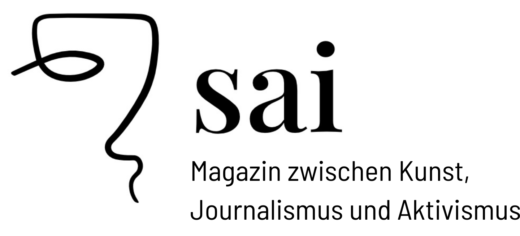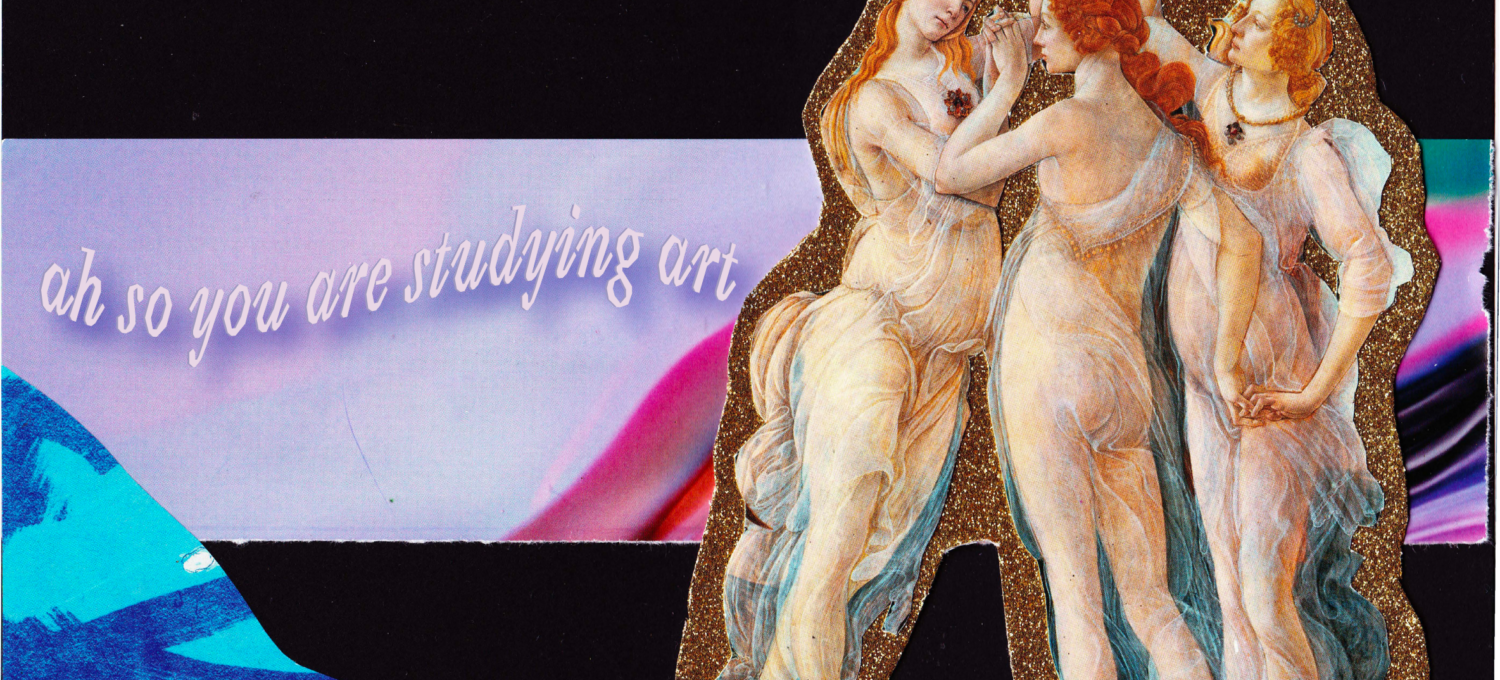Text: Henriette Reinhardt | Illustrations: Marit-Helen Brunnert
When I meet a person for the first time, one of the most common questions I get asked to escape this certain type of awkward silence is: “So… and, what do you do?” Although I find this question a good conversation starter, it feels limiting to me. The question suggests that it is expected that we always need to be doing something productive or meaningful. However, sometimes there may be times where we are unable to do so for various reasons. We may have been recently fired or may have purposefully chosen not to do anything at all (i.e. sabbatical or burn-out). Some people might also have a more complex answer to such a question than others. An excessive information overload in answering the question though, is usually not welcomed by strangers.
Personally, the question reminds me of the fact that most people may not know about my study program. And that I do not fulfill the requirements to be put into a simple category based on my field of study. As a Liberal Arts student, questions like the one above have caused me some moments of self-doubt in the past. When someone asks me what I do and I answer I study Liberal Arts, they usually ask a second question. Such a question most likely popped up in your head as well (it’s okay, I can’t blame you). Is your question one of the following?
“Ah, so you are studying Art?”
“Oh, interesting – in a somewhat despicable tone – so what does this mean exactly?”
“Uff, and what kind of degree do you have then?”
“Cool, sounds exciting, but what can you do with “that” then?”
It is not a sufficient answer to simply say “I study Liberal Arts”. No, I must answer follow-up questions as well. That question usually has an undertone, that seems doubtful of my intelligence. In consequence, I sometimes considered lying about what I study, just to leave it at that. I know, follow up questions referring to my study program are not posed with a negative intention. Nonetheless, they make me feel insecure, because I suddenly feel like I need to justify that what I do makes sense and is “nothing worthless”. It is not enough to just state what I study and period. No, I must explain to people what Liberal Arts is, convince them that it is an amazing program and then afterwards, explain what my greater life plan is.

I promise you that I have as much of a plan as any other 24-year-old: The only thing I know for sure is that I will drink a coffee after I wake up, with just a little tiny bit of milk, every, single, morning. What else can you even really know? Aren’t we aware of the fact that even if you have this perfect plan laid out, whether you can actually put it in to practice, is most likely not up to us, but rather dependent on random circumstances?
Anyways, to answer your question: The educational tradition of the Liberal Arts has its origin in the concept of „Artes Liberales“. The concept originated from the Antique, where the studying of the “septem artes liberals”, the seven free Sciences, was the main requirement for the education of autonomous individuals.
The study program today conveys the ideal of a humanistic education. Liberal Arts students design their own study program and don’t have to follow a standard pre-designed program. Oftentimes, some mandatory courses are included that have the aim to give a general education to students. Liberal Arts are popular in the education system of the USA and the Netherlands. In the more discipline-oriented German university system it does not ring a bell, yet.
There a generalists, and specialists in the world. Liberal Arts students can be both. Students can either use Liberal Arts to explore what they are interested in and then find a certain academic discipline to specialize in, or they can continue to combine various disciplines and study them generally, or focus on a certain topic from different academic disciplines. I have specialized in Sustainability Sciences but still have many broader interests such as Law, Politics, Entrepreneurship or Communications. Another example would be my friend who focused on the topic of digital human rights from various academic disciplines, already in her Liberal Arts bachelor’s degree.
One of the main foci of a Liberal Arts program is personal development. Students are trained in holistic and interdisciplinary thinking and automatically learn to be flexible. Students are also trained in analytical and reflective thinking and clear and convincing argumentation. Liberal Arts studies promote the joy of learning, taking on responsibility and decision-making. You are ultimately responsible what you make of Liberal Arts, the program supports young students in learning how to be responsible adults.
Despite societal pressure, I genuinely enjoyed the freedom that came from being a Liberal Arts student. At the beginning of each semester I had to sit down and make a selection of courses. I could choose from all available Bachelor courses offered at my university, which was often a tough choice, but I ended up with courses that I truly enjoyed.
At Leuphana University in Lüneburg people gossip about Liberal Arts students and say that “they are always the ones to raise their hands” and that they “always ask the most questions”. I interpret this gossip positively and think it shows that Liberal Arts students are the ones who are in a class because they want to be, not because they must be. This makes them be extremely interested in and engaged with the courses.
Sometimes I took courses in disciplines in which I did not have much prior knowledge. For instance, in my third semester I took Environmental Law, taught in the Law program of our university for 6th semester students. This meant that in a few weeks, I had to adapt to a new discipline and learn its methodology. It’s situations like this where you go above and beyond.

Nonetheless, there are weaknesses, also to Liberal Arts. For instance, for me it was harder to find “a clique” at University. I only had one class each semester with other Liberal Arts students and other than that I felt like “the new kid” in all other classes at the beginning of the semester. Of course, oftentimes the other people in my seminars also didn’t know each other. But at least some of them did and they might have had a bigger sense of community, knowing that they are all e.g. “Business” students. I know that this is different for other Liberal Arts programs, but the “Studium Individuale” for me lacked community-building activities. At times, there were some offered but they were never obligatory, which is why people rarely showed up. Having a lack of such a community, however, has allowed me to be open to anyone whom I met during my seminars. I now look back at a very inspiring time at university, having meet people with very diverse backgrounds. In my view, the program also partly lacked tailored counseling. I think a more extended advising program could have helped a lot of students to better navigate the complex enterprise of a Liberal Arts program.
A Liberal Arts bachelor’s programme is suitable for all those for whom a specialized course of study is not enough, who have many different interests and may want to combine them. Liberal Arts is perfect for people that have a curious mind. I would even argue that probably most Liberal Arts students are multipotentialites, a term coined by Emilie Wapnick. Multipotentialites are people that have many interests and talents. They are usually not interested in just one field of study, may seem unfocused and often try out several careers.
Having a broader focus, or not a specific title, as in the case of Liberal Arts, is regarded as something that must be narrowed down. Many times, I have been asked by job interviewers “What is your focus then?”. It is the state of the art that it does not fit into people’s brains that we can have more than one focus/interest/specialization. Liberal Arts students should not forget that adaptability may be their special skill, that qualifies them to work in many jobs. This may be a good reply for such a job interview question, but as of now it is often not regarded as something “valuable”. Even though we already know adaptability will be extremely important in the future. To be adequately equipped for the future, I believe that we must challenge this mindset.
Maybe it is time that we accept the messiness of life and allow space for authenticity and individuality. Wapnick, always felt she had too many interests, she thought about a career change often but felt there was something wrong with her. Consequently, she felt stuck with the career paths that she had chosen. She feared that she was afraid of commitment. Then, she realized that the expectation to have one specific career is a “culturally embedded concept”, which “limits us to be one thing instead of dreaming about all that you can be”. Instead, we are supposed to “live a highly focused life”. To have or plan for several careers, despite the projections that this is what we will need to equip for in the future, is still not our current definition of success. We are stuck in thinking people must have a perfect CV where one thing leads to the other, where you must be focused. But let’s remember again that life does not always work this way. Things change, we change, and things change us. Life is not a clear path. Life is messy and the opposite of a linear path.
With this article I hope to encourage everyone who is studying something unique, choosing a new career path, or people that do not feel they have one true calling, to stay exactly the way they are. I hope I made clear why I studied Liberal Arts and why I think we need more people doing it. Like studying subjects that cannot be easily explained, that are unique, but still make sense – to them.
As my final remark, I want to give advice to anyone who is annoyed with such conversation starter questions that I introduced at the beginning of the article: No one can force you to discuss your study program or career. If you don’t feel like it, just find your way around the questions. Ask them what their greater life plan is in return and notice how they will struggle to tell you as well. Or, you can take the question as a starter for making it the most inspiring conversation that someone had in a while.
P.S.: While researching for this article I stumbled upon Puttylike, a blog and community that Emilie Wapnick built. On the blog I found more interesting resources regarding the topic of multipotentialites; in case you are interested (https://puttylike.com/start-here/). She makes three points regarding what multipotentialites need and should work on which you can read in detail here: https://puttylike.com/3-things-i-didnt-have-time-to-say-in-my-ted-talk/


Pingback: Anpassungsfähigkeit und der Arbeitsmarkt im 21. Jahrhundert: Gedanken einer Liberal Arts Absolventin – sai